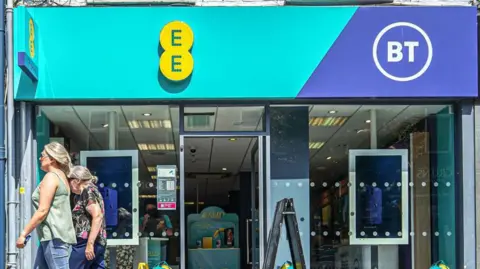Since the launch of ChatGPT in late 2023, the private sector has led AI innovation. Major players like Microsoft, Google, and Alibaba—alongside emerging firms such as Anthropic and Mistral—are racing to monetise AI and secure long-term growth in the technology-driven economy.
But during the Fortune Brainstorm AI conference in Singapore this week, experts stressed the importance of human values in shaping AI’s future. Anthea Roberts, founder of Dragonfly Thinking, argued that AI must be built not just to think faster or cheaper, but also to think better.
She highlighted the risk of narrow thinking—national, disciplinary or algorithmic—and called for diverse, collaborative thinking to counter it. Roberts sees potential in human-AI collaboration, which can help policymakers explore different perspectives, boosting the chances of sound outcomes.
Russell Wald, executive director at Stanford’s Institute for Human-Centred AI, called AI a civilisation-shifting force. He stressed the need for an interdisciplinary ecosystem—combining academia, civil society, government and industry—to steer AI development.
‘Industry must lead, but so must academia,’ Wald noted, as well as universities’ contributions to early research, training, and transparency. Despite widespread adoption, AI scepticism persists, due to issues like bias, hallucination, and unpredictable or inappropriate language.
Roberts said most people fall into two camps: those who use AI uncritically, such as students and tech firms, and those who reject it entirely.
She labelled the latter as practising ‘critical non-use’ due to concerns over bias, authenticity and ethical shortcomings in current models. Inviting a broader demographic into AI governance, Roberts urged more people—especially those outside tech hubs like Silicon Valley—to shape its future.
Wald noted that in designing AI, developers must reflect the best of humanity: ‘Not the crazy uncle at the Thanksgiving table.’
Both experts believe the stakes are high, and the societal benefits of getting AI right are too great to ignore or mishandle. ‘You need to think not just about what people want,’ Roberts said, ‘but what they want to want—their more altruistic instincts.’
Would you like to learn more about AI, tech and digital diplomacy? If so, ask our Diplo chatbot!










